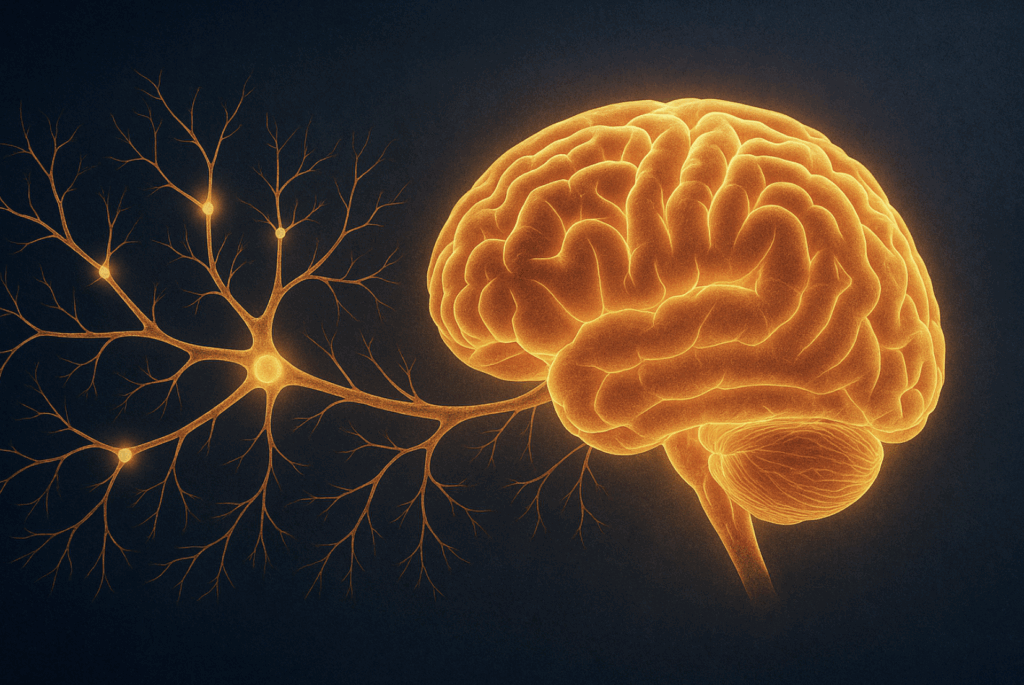For years, empathy in healthcare sales has been treated as a soft skill, something nice to have but not essential to results. The reality is far more scientific. Empathy is not simply a personality trait; it is a measurable brain function that directly impacts trust, connection, and influence.
In a field where accuracy, compliance, and credibility matter, empathy often gets lost behind the guardrails of regulation. Yet neuroscience shows that when human connection disappears, engagement follows. For healthcare professionals, empathy is not just ethical; it is effective.
The Brain Chemistry of Empathy
Empathy activates the mirror neuron system, a network of brain cells that fire both when we perform an action and when we observe someone else performing it. This system allows people to feel what others feel, creating emotional resonance.
When a healthcare provider senses genuine empathy from a sales professional, their brain releases oxytocin, the chemical responsible for trust and bonding. At the same time, cortisol, the stress hormone, decreases. This neurochemical exchange moves the interaction from guarded to open, setting the stage for authentic conversation.
The problem is that many reps unintentionally block this process. Scripts designed to ensure compliance often suppress tone, authenticity, and emotional flexibility, the very cues that signal empathy. When empathy disappears, oxytocin never spikes, and trust never takes hold.
Compliance Without Connection
Every organization in the life sciences industry teaches the importance of compliance. But when compliance becomes the goal rather than the guardrail, communication loses its humanity.
Healthcare professionals are trained to detect intent. The moment a conversation feels transactional, the amygdalaactivates, signaling caution. This neurological threat response makes it harder for the brain to access the prefrontal cortex, where reasoning and decision-making occur. In other words, when providers feel “sold to,” their brain literally becomes less capable of processing new information.
True empathy does not violate compliance; it enhances it. Empathy ensures that communication aligns with how the listener’s brain processes trust and credibility. It transforms a product conversation into a patient conversation, one focused on outcomes, not persuasion.
The Empathy Gap in Healthcare Sales
Across the industry, access challenges are growing. Providers are seeing more patients in less time, experiencing burnout, and navigating information overload. When a sales rep enters that environment with another data-heavy presentation, the brain’s cognitive load spikes, and emotional engagement drops.
Empathy bridges that gap. By recognizing and validating a provider’s emotional state, the rep calms the nervous system and restores openness. This is not about being overly personal or emotional; it is about creating the conditions for understanding.
A simple acknowledgment such as, “It sounds like time is a real constraint for you right now,” engages the insula, the part of the brain that processes internal emotion. This small act of recognition helps the provider’s brain regulate itself, making it more receptive to new ideas.
In Braintrust’s NeuroSelling® framework, this is known as trust before teaching, a sequence that mirrors the brain’s natural process of learning. First safety, then insight.
Empathy as a Competitive Advantage
In a regulated environment, empathy might seem risky or difficult to quantify. But neuroscience tells us it is measurable and repeatable. Teams that intentionally practice empathy experience increased recall, better engagement, and stronger long-term relationships with providers.
Empathy also strengthens internal culture. Salespeople who feel emotionally supported by their organization are more likely to demonstrate empathy externally. This creates what neuroscientists call emotional contagion, a ripple effect that spreads through teams, shaping tone, trust, and performance.
From Information to Understanding
The future of healthcare sales will not belong to those who speak the fastest or present the most data. It will belong to those who make complex information feel simple and human. Empathy achieves that by guiding the conversation to what the brain values most, connection and meaning.
Compliance builds credibility. Empathy builds belief. And when both are present, the brain relaxes, the message lands, and trust becomes not just a professional goal but a biological outcome.
Empathy does not replace compliance. It completes it.





